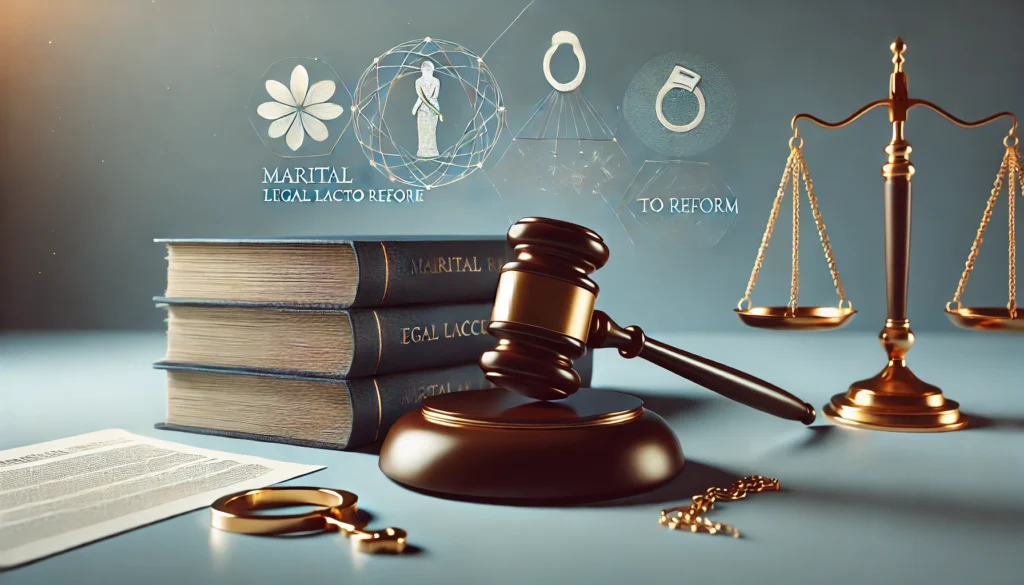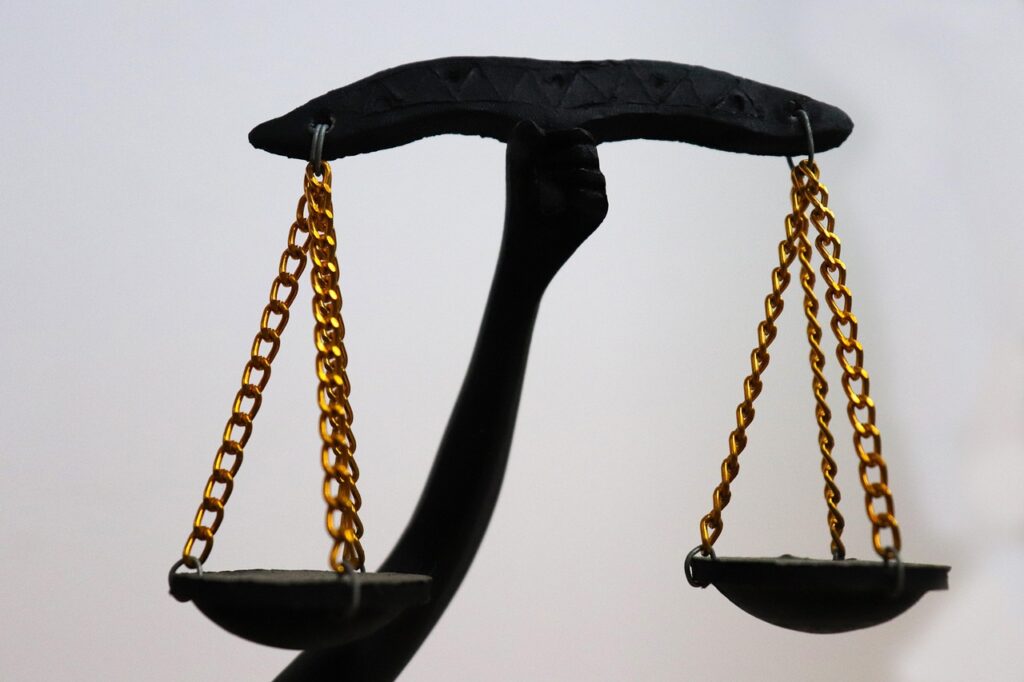Published On: 11th February, 2025
Authored By: Prachi Kumari
Savitribai Phule Pune University
Citations
- Anoop Baranwal v. Union of India (2023) 4 SCC 529.
- Relevant provisions: Articles 324(2) of the Indian Constitution.
Facts
The case originated as a Public Interest Litigation (PIL) challenging the process of appointment of the Chief Election Commissioner (CEC) and Election Commissioners (ECs). Historically, these appointments were made solely by the executive branch, raising concerns about potential bias and lack of independence in the Election Commission of India (ECI). The petitioner contended that such unilateral executive control over appointments compromised the constitutional mandate for a free and fair election process.
Issues
- Whether the current system of appointing the CEC and ECs solely by the executive violates the principle of institutional independence.
- What mechanism can ensure transparency, neutrality, and adherence to constitutional principles in the appointment of election officials?
Legal Principles
- Independence of Constitutional Bodies: Article 324(2) of the Indian Constitution grants Parliament the power to establish the process for appointing election officials but mandates that such appointments ensure the ECI’s independence and impartiality.
- Doctrine of Separation of Powers: It requires that no single organ of government should have unchecked control over critical institutions that uphold democratic principles.
- Free and Fair Elections: Embedded in the constitutional ethos under Articles 324, 14, and 21.
Arguments
Petitioner
- Unilateral appointments by the executive undermine the autonomy of the ECI, potentially leading to biased decision-making during elections.
- A collegium system, involving multiple stakeholders, would enhance transparency and shield the ECI from executive influence.
Respondent (Union of India)
- The current system does not inherently compromise the independence of the ECI, as checks and balances already exist.
- Involving additional stakeholders, such as the judiciary, might infringe upon the separation of powers doctrine.
Judgment
The Supreme Court held that the current executive-dominated appointment process violated the spirit of the Constitution. It directed the formation of a selection committee comprising:
- The Prime Minister,
- The Leader of the Opposition (or the leader of the largest opposition party in the Lok Sabha), and
- The Chief Justice of India.
This committee would recommend appointments to the President of India, ensuring a balanced approach to selecting election officials.
Reasoning
- Institutional Independence: The Court emphasized the need for the ECI to be independent from political or executive pressures to maintain its credibility.
- Constitutional Mandate: Article 324(2) allows Parliament to legislate on the appointment process but does not permit the executive to monopolize it in the absence of such a law.
- Global Precedents: The Court referred to international practices where independent commissions or multi-stakeholder committees oversee similar appointments.
- Judicial Oversight: Inclusion of the Chief Justice in the selection panel ensures impartiality and adherence to constitutional principles.
Significance
- Strengthening Democracy: The judgment reinforces the ECI’s independence, ensuring free and fair elections—an essential element of Indian democracy.
- Setting Precedent: This ruling establishes a framework for other appointments to constitutional bodies.
- Legislative Reaction: The government introduced the Chief Election Commissioner and Other Election Commissioners (Appointment, Conditions of Service and Term of Office)
Bill, 2023, altering the composition of the selection committee by replacing the Chief Justice with a Union Cabinet Minister. This sparked significant debate on executive overreach.
Conclusion
The Anoop Baranwal case is a landmark in safeguarding the independence of the Election Commission of India. By curbing executive dominance, the judgment aligns the appointment process with the constitutional ethos of impartiality and transparency. However, its legacy depends on how future governments and courts navigate the balance between judicial activism and executive prerogative.




